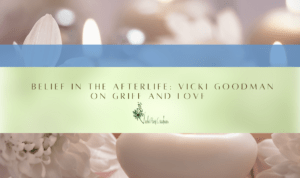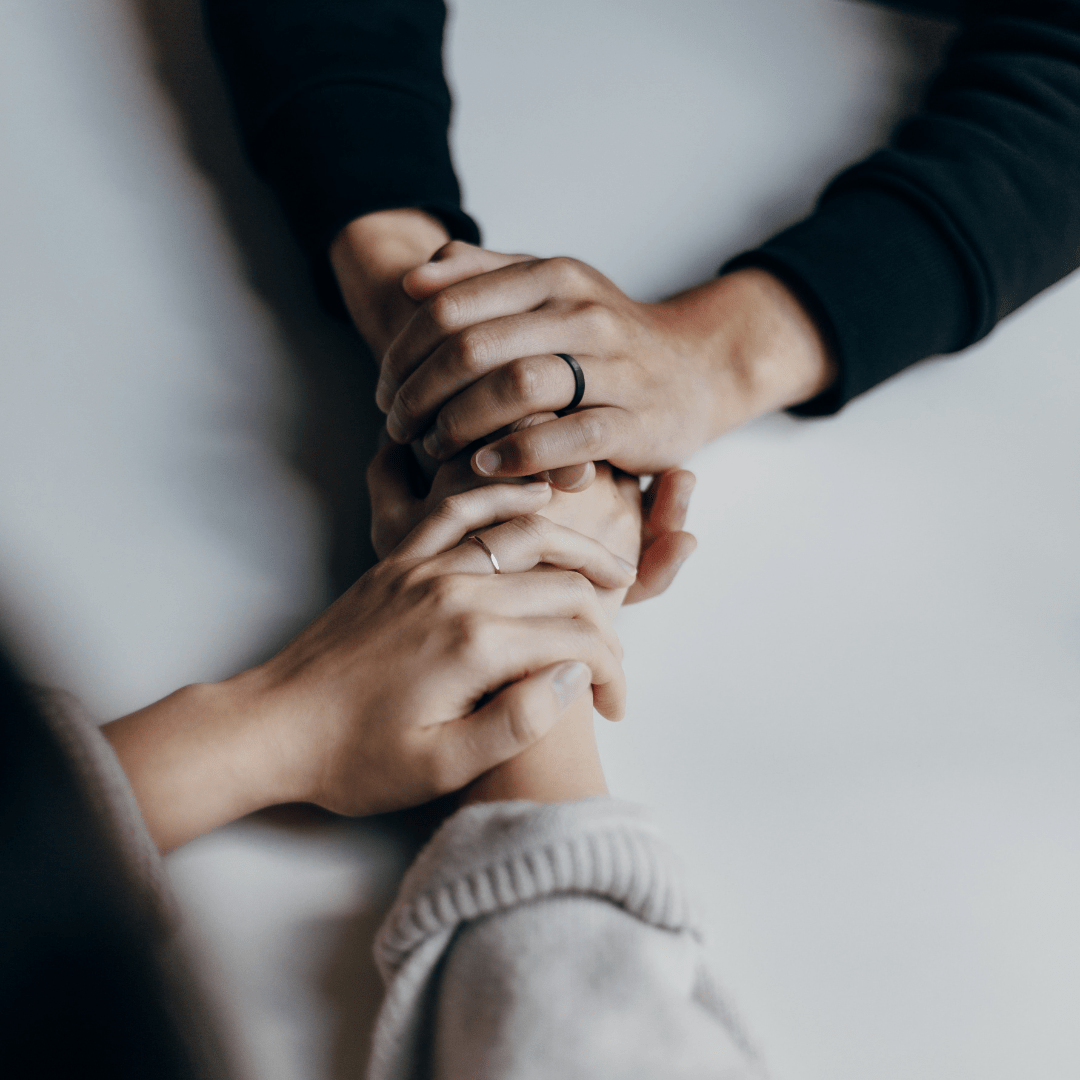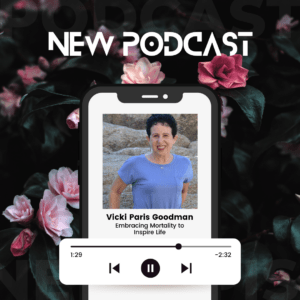
When my experience defies conventional thought, I write a book...
Finding Support During My Husband’s Terminal Illness

Is support available to a widow/widower-to-be? Will the spouse/caregiver even have the time to seek help prior to their spouse’s death? Will a person in the throes of transitioning from spouse to caregiver even be receptive to a helping hand of any kind?
The immediate answer might be to assume that getting help prior to a spouse’s death is premature. After all, the ultimate tragedy hasn’t happened yet. Isn’t it necessary to wait for grief to manifest itself after a death? Can an emotional state in pre-loss flux be open to assistance?
These are valid questions.
First of all, grief may set in the moment a spouse receives a terminal diagnosis. Grief takes many forms, and it doesn’t require the death to have already occurred. I grieved most heavily for my husband soon after we received the terrible news of his terminal illness, fully two years before his passing.
Dr. Alejandra Vasquez writes for Cake, “Learn to let go: Anticipatory grief is the type of grief you feel over a future loss…In this case, your brain is preparing you for your loved one’s death…One way of dealing with anticipatory grief is learning to let go of them while still maintaining hope…When you allow yourself to let go of your loved one, you open the way for grief to take shape and make room for healing.”
Writing for VeryWellHealth, Dr. Lynne Eldridge says, “Because [anticipatory grief] isn’t often discussed, you might worry that it’s not socially acceptable to express the deep pain you’re feeling. As a result, you may not get the support you need.”
Realistically speaking, a person anticipating a spouse’s death that has not yet occurred seems most likely to seek the sympathetic ear of one or two close friends and/or clergy. That is what I did.
I had a close friend who’d suffered the loss of her husband. She turned out to be my best source of sympathy, understanding, a willing ear, and uplifting stories about the connection she believes still remains between her and her husband. Having gone through the same sort of tragedy, she knew what to say to me when others hadn’t a clue.
Of course, grief support groups are for those grieving a loved one’s death, and virtually all of the attendees will already have suffered such a loss. But just think of how helpful it would be to a pre-loss attendee to be among others who have recently experienced the loss they will soon suffer. And what a blessing it would be for the group to assist a participant who hasn’t yet experienced their loved one’s passing. The chance to help someone facing what they just went through can be transformative. It’s a win-win.
Conversely, it may make sense to put off organized assistance such as support groups and grief counseling until after a spouse’s passing. But I strongly advise these options not be ruled out.
My best advice is to pay attention to what you’re feeling. Don’t try to ignore or deny your emotions. Think about what you need and then take a single step, be it to call a widowed friend, seek out a support group, or find a grief counselor. Whatever your feelings, they are legitimate. And all options are on the table.



